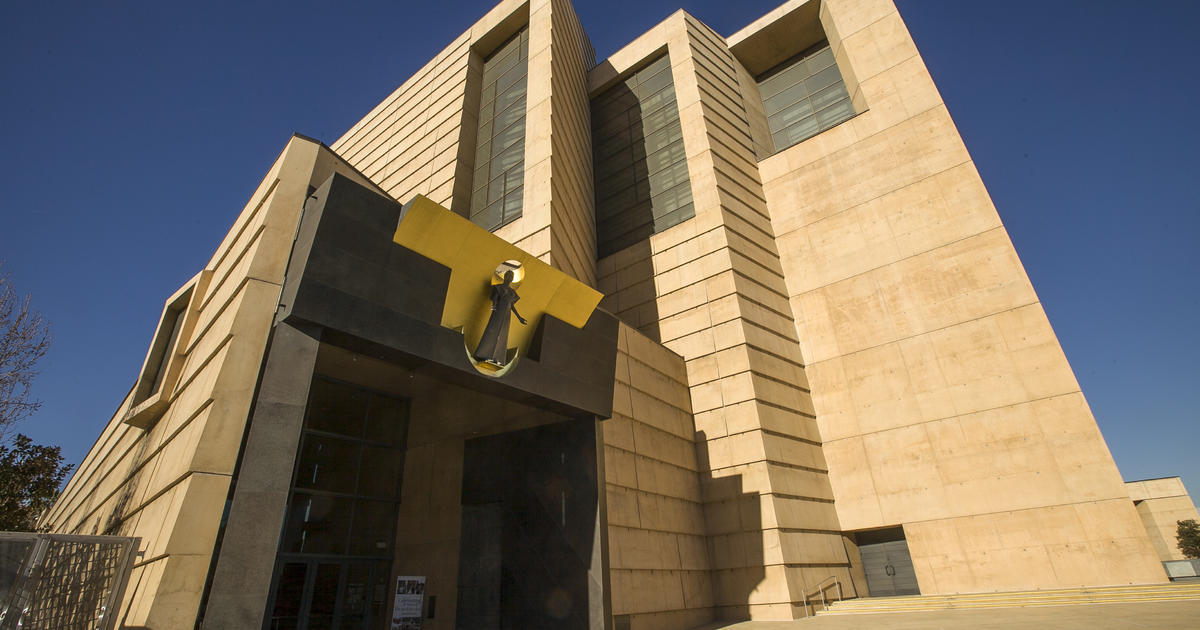The Los Angeles Archdiocese recently agreed to an $880 million settlement to resolve over 1,300 sex abuse claims dating back to the 1940s. This significant payout brings the Archdiocese’s total settlements for such cases to nearly $1.5 billion, highlighting the devastating impact of decades of abuse and the Church’s subsequent efforts to address the crisis. This substantial financial commitment underscores the scale of the problem and the urgent need for accountability within the Catholic Church. This settlement serves as a stark reminder of the profound suffering experienced by victims and the ongoing need for comprehensive reform to prevent future instances of abuse.
The $880 Million Settlement: A Landmark Agreement
Details of the Settlement
The Archdiocese of Los Angeles has reached a landmark agreement, settling over 1,300 claims of child sexual abuse spanning several decades. This settlement, amounting to $880 million, represents the largest single payment by a Catholic archdiocese to resolve sex abuse cases. The agreement covers claims filed under Assembly Bill 218, a California law that temporarily lifted the statute of limitations on such cases, allowing previously barred claims to be revived within a specific timeframe. The funds will be drawn from various Archdiocesan assets, including reserves, investments, and loans, without impacting donations earmarked for parishes or schools. Payment is scheduled for 2025 and 2026. This substantial financial commitment signals a serious attempt by the Archdiocese to address the gravity of the situation and offer some measure of restitution to victims.
The Impact of the Settlement on Survivors
For many survivors, this settlement offers a long-overdue sense of validation and a path towards healing. The financial compensation aims to address some of the lasting physical, emotional, and psychological harm inflicted upon them. However, the monetary aspect can only partially compensate for the profound trauma suffered. The psychological scars from abuse are deep and complex, demanding ongoing therapy and support to assist victims with their journey of recovery. Furthermore, this settlement is seen by some as a step towards ensuring that similar acts of abuse are prevented from occurring in the future. The ongoing support needed by survivors extends beyond monetary compensation and must be understood by all involved parties. It requires a sustained and committed focus on the wellbeing of these individuals.
The Church’s Response and Future Steps
Archbishop Gomez’s Apology and Commitment
Archbishop José H. Gomez issued a heartfelt apology for the abuse cases, expressing his sorrow and hoping that the settlement will facilitate healing for the victims. The statement also emphasized the Church’s commitment to preventing future incidents. This includes establishing measures to protect children and ensure transparency in handling abuse allegations, which have clearly been deficient in the past. A combination of enhanced background checks, improved training for clergy and staff, and active community engagement are essential steps the Archdiocese must proactively adopt and persistently sustain. Any such future efforts must demonstrate clear demonstrable outcomes to build trust and maintain lasting safety for future generations.
Preventing Future Abuse: The Need for Reform
The settlement itself does not equate to complete reconciliation; it is a crucial step, yet only part of a longer process towards meaningful change. The most substantial outcome should be a lasting commitment to institutional reform, fostering a climate that values child protection above all else. Moving forward, there is a need for clear protocols to prevent the recurrence of sexual abuse within the Catholic Church. These measures might include better reporting mechanisms, more rigorous background checks, and mandatory reporting laws that will fully comply with the appropriate regulatory standards. Implementing comprehensive training programs and independent oversight of the implementation of any new practices are essential and are crucial elements towards ensuring true accountability within the church’s governing processes and their operational frameworks. Sustained efforts should not only satisfy legal compliance but also demonstrate profound respect for the vulnerability of children and their well-being.
The Broader Context of Child Sexual Abuse in the Catholic Church
The Scale of the Problem
The Los Angeles Archdiocese’s settlement is just one of numerous financial arrangements involving the Catholic Church to settle accusations of child sexual abuse. Numerous dioceses across the country, and even globally, have faced similar lawsuits and incurred hefty financial obligations. This widespread occurrence highlights the systemic nature of the problem and the need for comprehensive reform extending far beyond individual settlements. Many survivors have noted the profound impacts on faith, trust, and spiritual wellbeing after they have experienced these instances of institutional failures to respond in a more effective and compassionate way.
Legal and Ethical Implications
The sheer scale of financial settlements is only part of a more complex issue involving significant legal and ethical dilemmas facing the Catholic Church. The legal battles highlight critical gaps and the failings of the organizational processes of the Church as well as the importance of safeguarding children, addressing abuse claims, and implementing changes. This entire issue has raised questions regarding the handling of criminal accusations, and the need to address institutional complicity, and it has also reinforced that any future response must prioritize the wellbeing of abuse victims.
Take Away Points:
- The $880 million settlement signifies the largest single payment by a Catholic archdiocese to resolve sex abuse cases, marking a crucial step towards accountability and reconciliation.
- The financial settlement provides some measure of redress for survivors; however, comprehensive reform within the Church is imperative to prevent future abuse.
- The case highlights the systemic nature of child sexual abuse within the Catholic Church, requiring proactive measures for substantial and lasting change.
- Beyond financial settlements, the Catholic Church needs to prioritize establishing a culture of transparency, child protection, and accountability to rebuild trust with its community.




